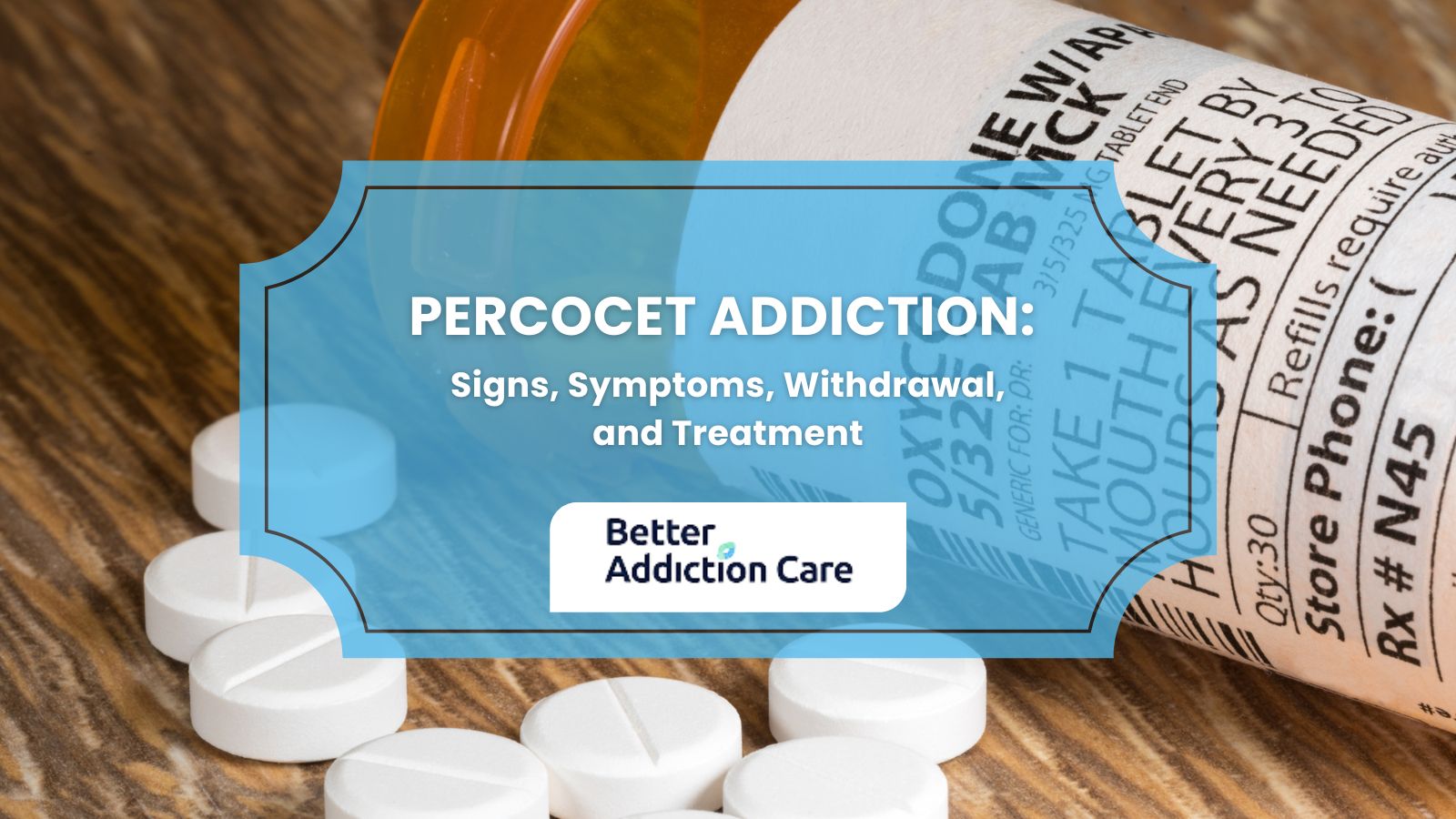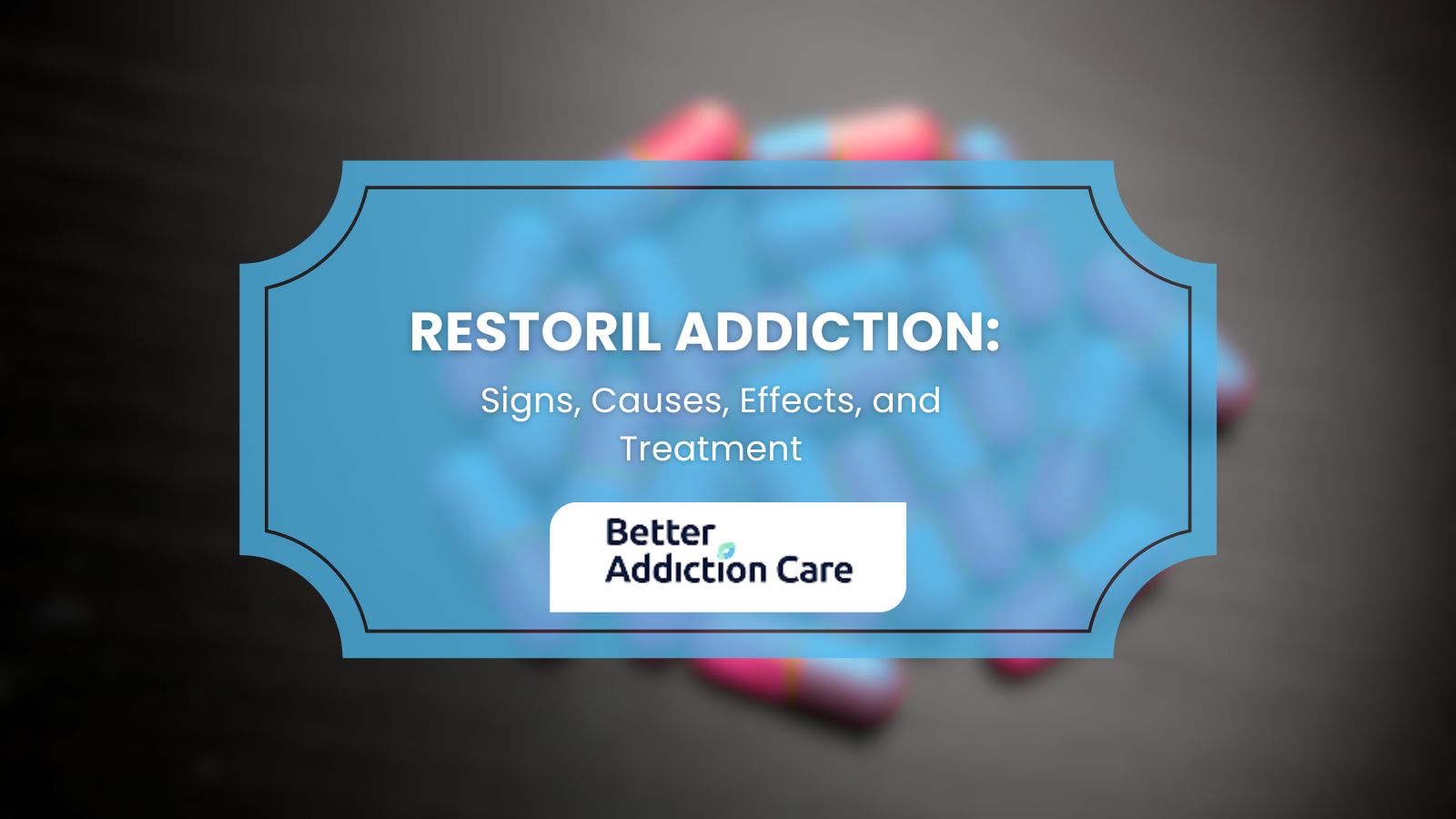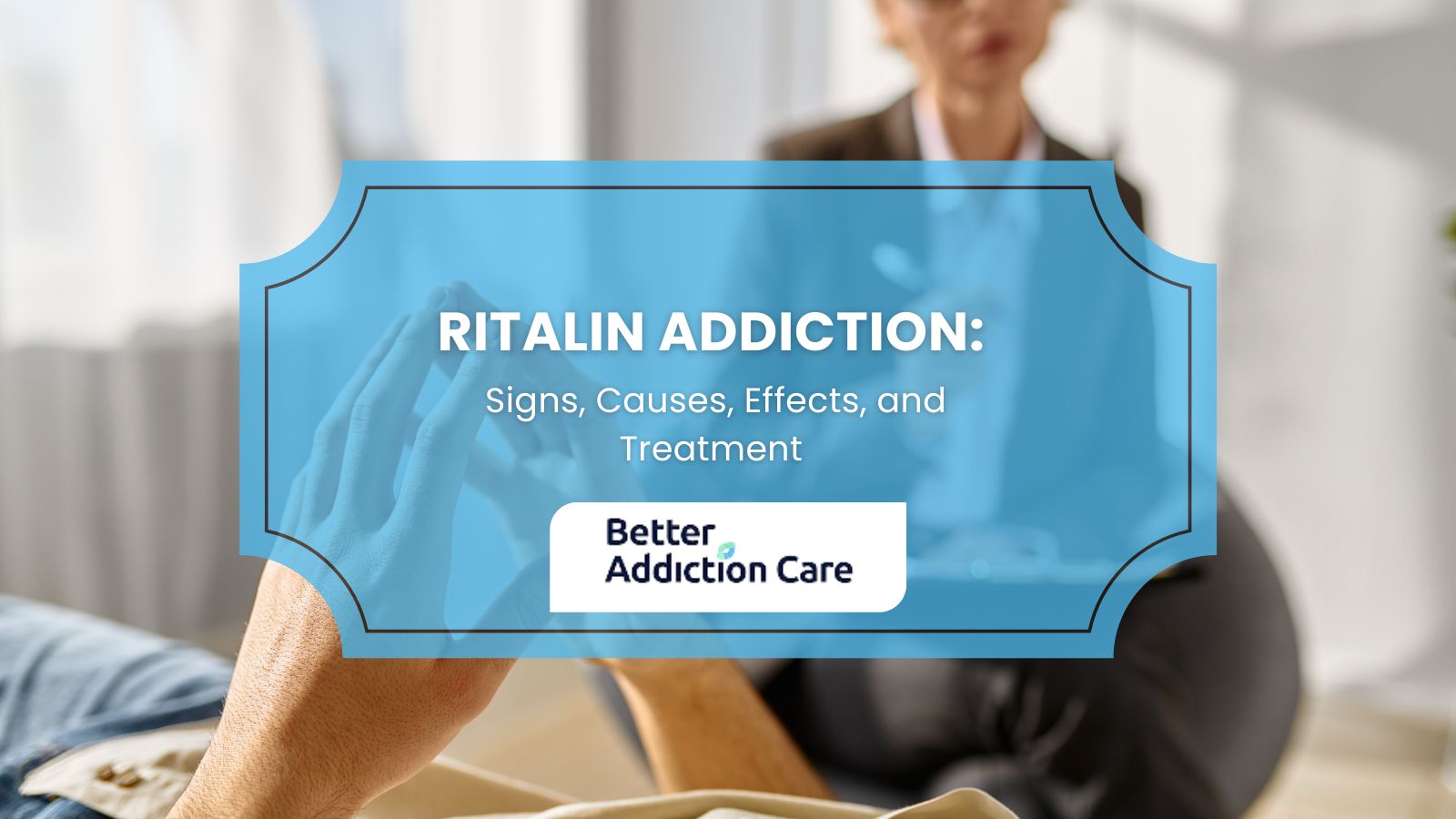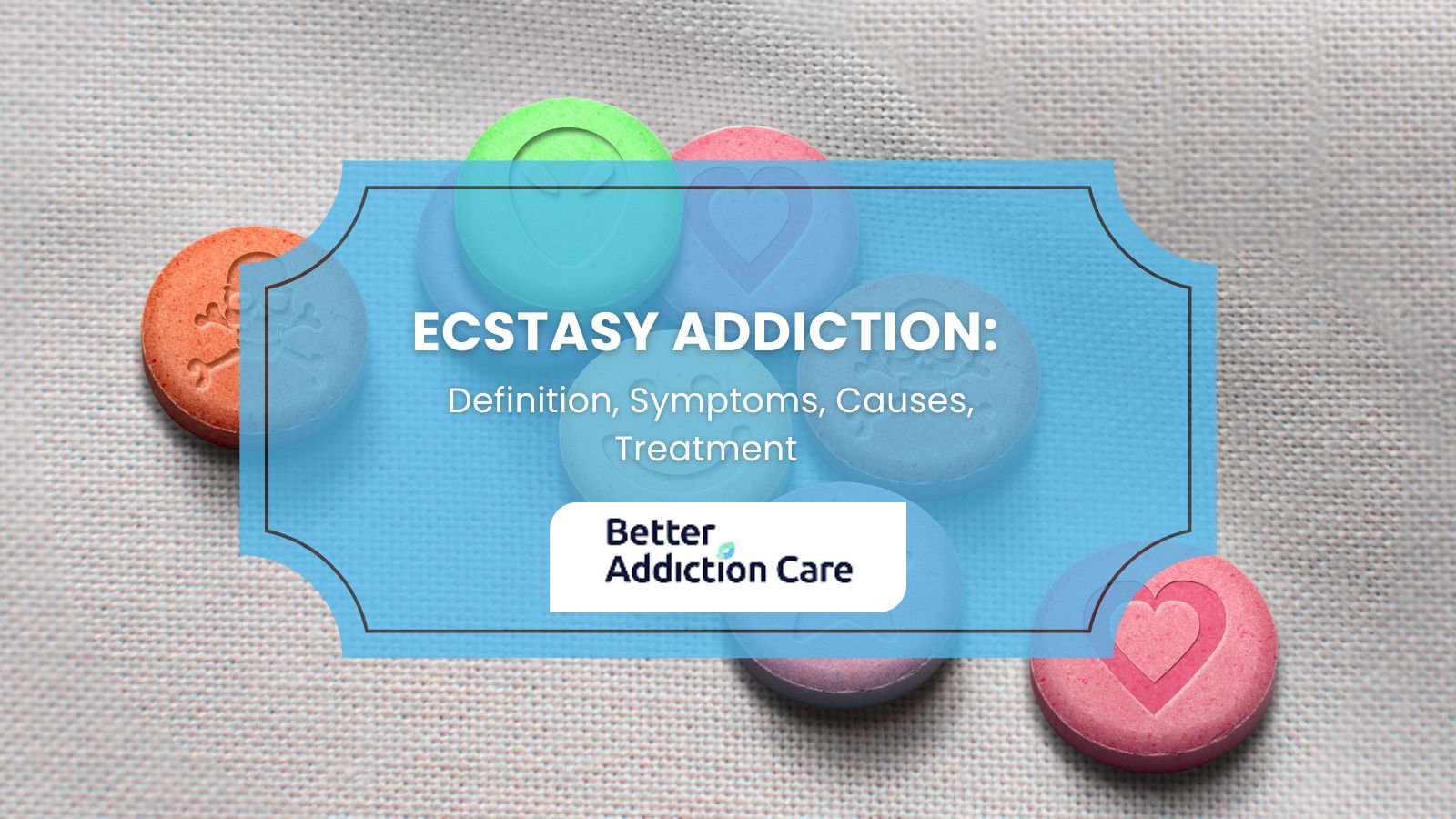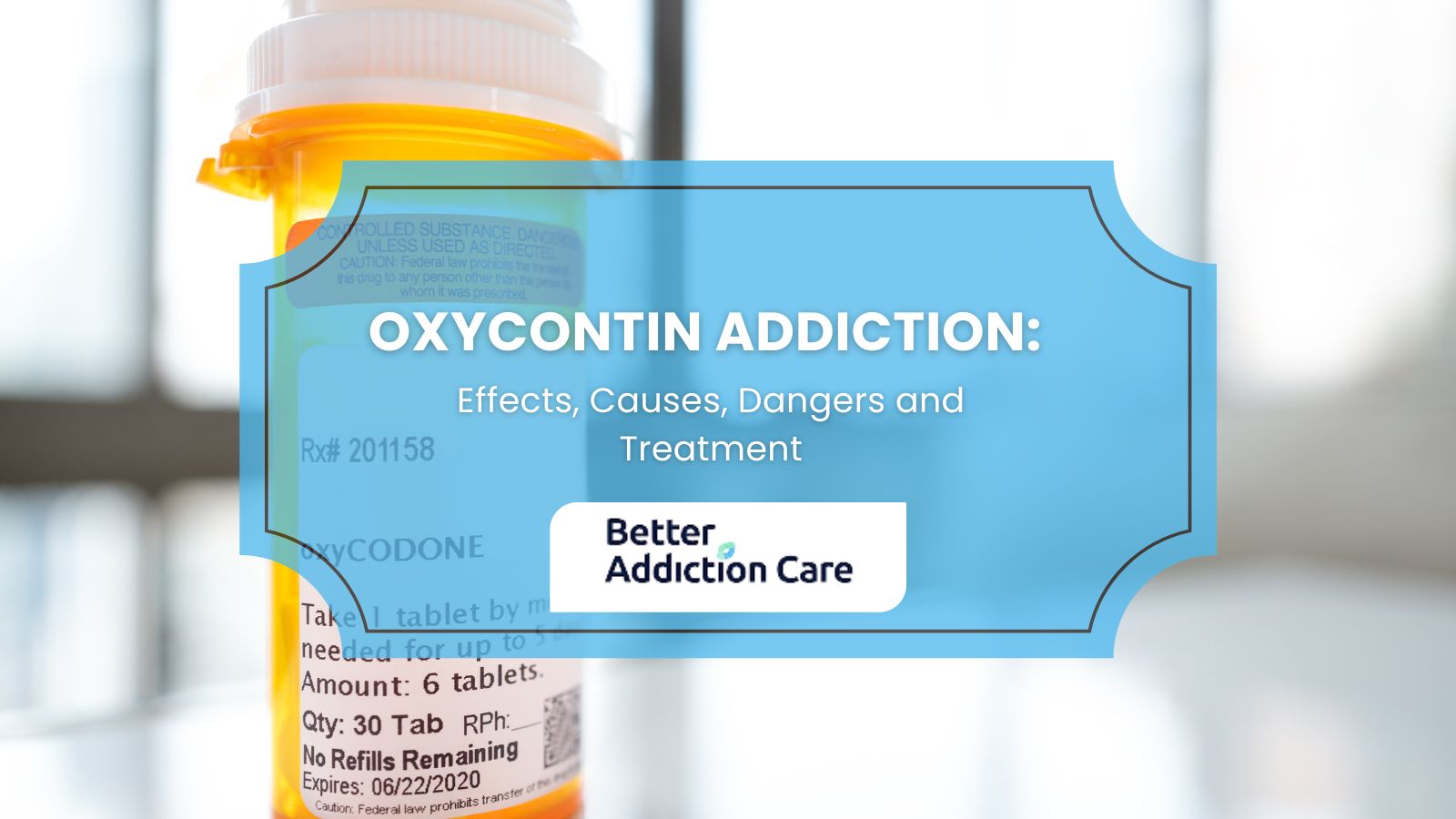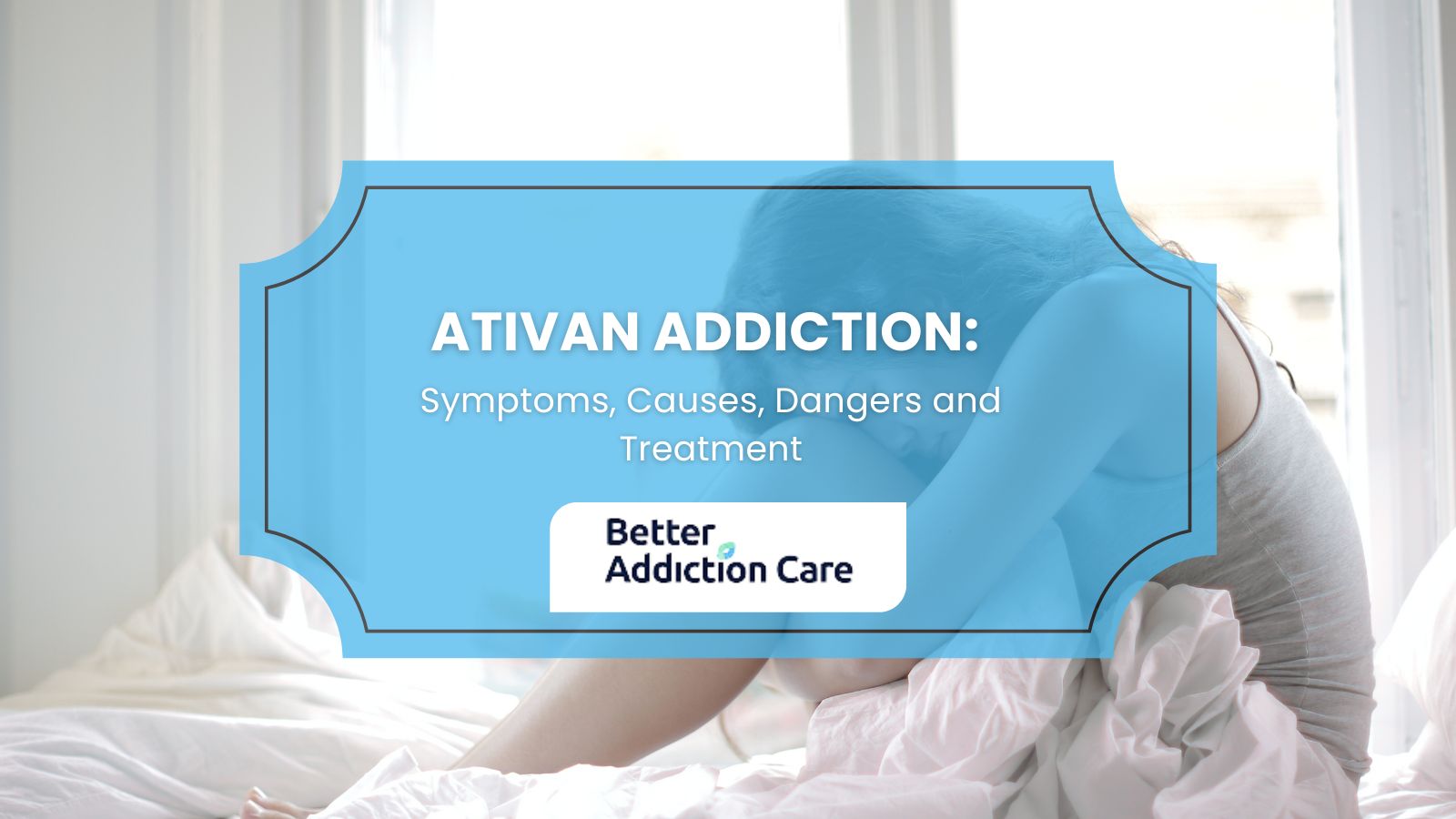
Overview
Minneapolis VAMC - Twin Ports CBOC is a mental health treatment center for people seeking treatment near Douglas County. As part of their treatment modalities for recovery, Minneapolis VAMC - Twin Ports CBOC provides couples/family therapy, group counseling, and cognitive behavioral therapy during treatment. Minneapolis VAMC - Twin Ports CBOC is located in Superior, Wisconsin, accepting federal military insurance (e.g., tricare) for treatment.
Minneapolis VAMC - Twin Ports CBOC at a Glance
Payment Options
- Federal military insurance (e.g., TRICARE)
- U.S. Department of VA funds
- Per session
- Cash or self-payment
- Aetna
Assessments
- Screening for tobacco use
- Comprehensive mental health assessment
- Comprehensive substance use assessment
Age Groups
- Seniors or older adults
- Young adults
- Adults
- Seniors
Ancillary Services
- Case management service
- Chronic disease/illness management
- Diet and exercise counseling
- Education services
- Family psychoeducation
Highlights About Minneapolis VAMC - Twin Ports CBOC
6.85/10
With an overall rating of 6.85/10, this facility has following balanced range of services. Alcohol Rehabilitation: 8.00/10, Drug Rehab and Detox: 6.00/10, Insurance and Payments: 6.67/10, Treatment Options: 6.73/10.-
Alcohol Rehabilitation 8.00
-
Treatment Options 6.73
-
Insurance and Payments 6.67
-
Drug Rehab and Detox 6.00
Accreditations
The Joint Commission:

The Joint Commission, previously known as JCAHO, is a nonprofit organization that accredits rehabilitation organizations and programs. Established in 1951, its mission is to enhance the quality of patient care and showcase excellence in healthcare delivery.
Registration: 4739
Treatment At Minneapolis VAMC - Twin Ports CBOC
Treatment Conditions
- Alcoholism
- Mental health treatment
- Substance use treatment
- Co-occurring Disorders
Care Levels
- Outpatient
Treatment Modalities
- Couples/family therapy
- Group counseling
- Cognitive behavioral therapy
- Dialectical behavior therapy
- Integrated Mental and Substance Use Disorder treatment
Ancillary Services
Languages
- Sign language services for the deaf and hard of hearing
Special Programs
- Clients with co-occurring mental and substance use disorders
- Veterans
- Clients with HIV or AIDS
- Clients who have experienced trauma
- Persons 18 and older with serious mental illness (SMI)
Contact Information
Read our Most Recent Article About Drug Addiction
DISCLAIMER: The facility name, logo and brand are the property and registered trademarks of Minneapolis VAMC - Twin Ports CBOC, and are being used for identification and informational purposes only. Use of these names, logos and brands shall not imply endorsement. BetterAddictionCare.com is not affiliated with or sponsored by Minneapolis VAMC - Twin Ports CBOC.
